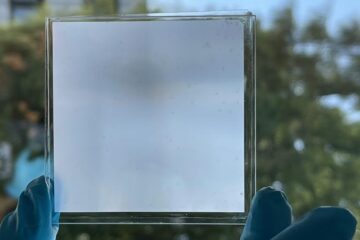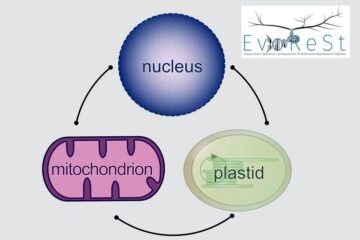Single Photon System

</a><strong>Background</strong><br>
A single photon system consists of an excitation source, for example a laser, a single photon emitter and components collecting the emitted photons and coupling it into an optical fiber. Usually the propagation direction of the single photons is opposite to the propagation direction of the optical pump radiation.<br><br> <!–break–><strong>Technology</strong><br> The invention is a <a name=“_GoBack“></a>very compact single photon system, where the propagation direction of the emitted single photons corresponds to the propagation direction of the optical pump radiation.<br> <br> <strong>Benefits</strong><br> <ul> <li>very compact single photon emission system (a few cm³)</li> <li>fiber integrated single photon source</li> <li>nano-/ microscopic single photon emitter</li> <li>operating at room temperature</li> </ul> <br> <strong>IP Rights</strong><br> US patent application (09/2012)<br> PCT, EU, DE patent application <br> <br> <strong>Patent Owner</strong><br> Humboldt-Universität zu Berlin,<br> Technische Universität Darmstadt <br>
Weitere Informationen: PDF
ipal GmbH
Tel.: +49 (0)30/2125-4820
Ansprechpartner
Dr. Dirk Dantz
Media Contact
Alle Nachrichten aus der Kategorie: Technologieangebote
Neueste Beiträge

Neuartiges Material für nachhaltiges Bauen
Innovativer Werkstoff für eine energieeffiziente Architektur: Forschende des Karlsruher Instituts für Technologie (KIT) stellen in der aktuellen Ausgabe der Fachzeitschrift Nature Communications ein polymerbasiertes Material mit besonderen Eigenschaften vor. Das…

Neues Antibiotikum gegen Erreger der Flussblindheit und Lymphatischen Filariose
Prof. Achim Hoerauf, Direktor des Instituts für Medizinische Mikrobiologie, Immunologie und Parasitologie des Universitätsklinikums Bonn (UKB), und seinem Team ist es in Kollaboration mit der Abteilung Pharmazeutische Technologie und Biopharmazie…

Evolutionäre Genomik: Folgen biodiverser Fortpflanzungssysteme
Die Deutsche Forschungsgemeinschaft (DFG) fördert die Einrichtung eines neuen Graduiertenkollegs (GRK) in der Biologie an der Universität Göttingen. Das GRK mit dem Titel „Evolutionary Genomics: Consequences of Biodiverse Reproductive Systems…

















